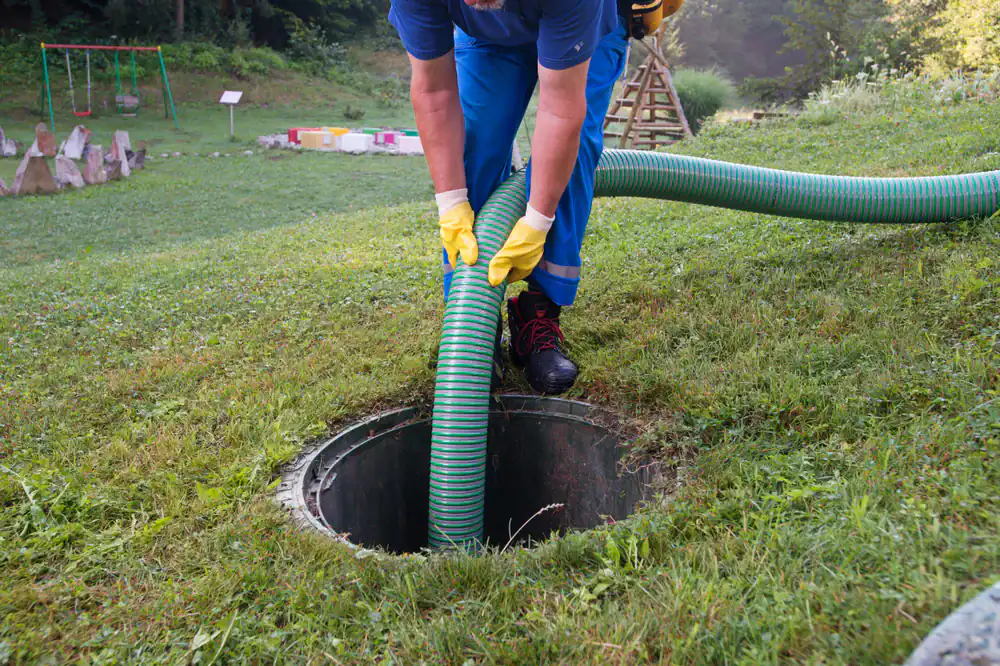
Our Reviews
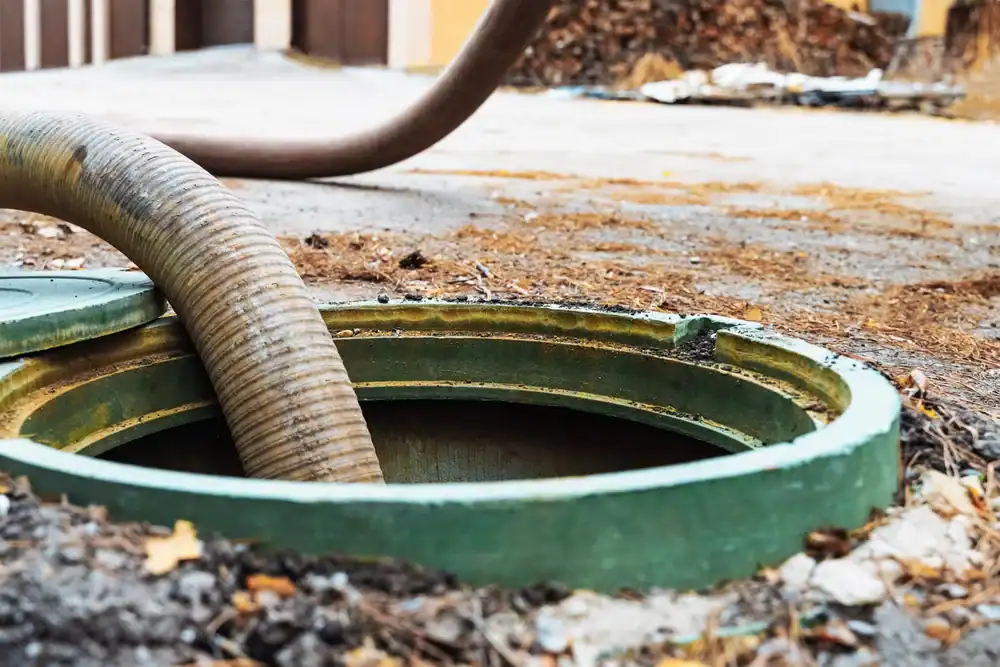
Your toilets flush normally again. No more slow drains or that smell you’ve been trying to ignore for months.
The real benefit isn’t just getting your septic tank emptied. It’s knowing your system will handle whatever your household throws at it for the next three to five years. No surprise backups during family gatherings. No emergency calls that cost three times what regular maintenance would have.
When we’re done, you’ll have a septic system that works the way it’s supposed to. Quietly. Efficiently. Without making you think about it every time someone flushes.
All Rooter Hydro Jetting Experts Inc. has been handling septic issues across the Chicagoland area for years. We understand how Illinois soil conditions affect your septic system and what that means for maintenance timing.
We’re licensed, bonded, and insured because this work matters. When septic systems fail, they don’t just inconvenience you – they can damage your property and create health hazards for your family.
Our team knows the difference between a system that needs pumping and one with deeper problems. We’ll tell you exactly what’s going on and what it’ll cost to fix it before we start any work.
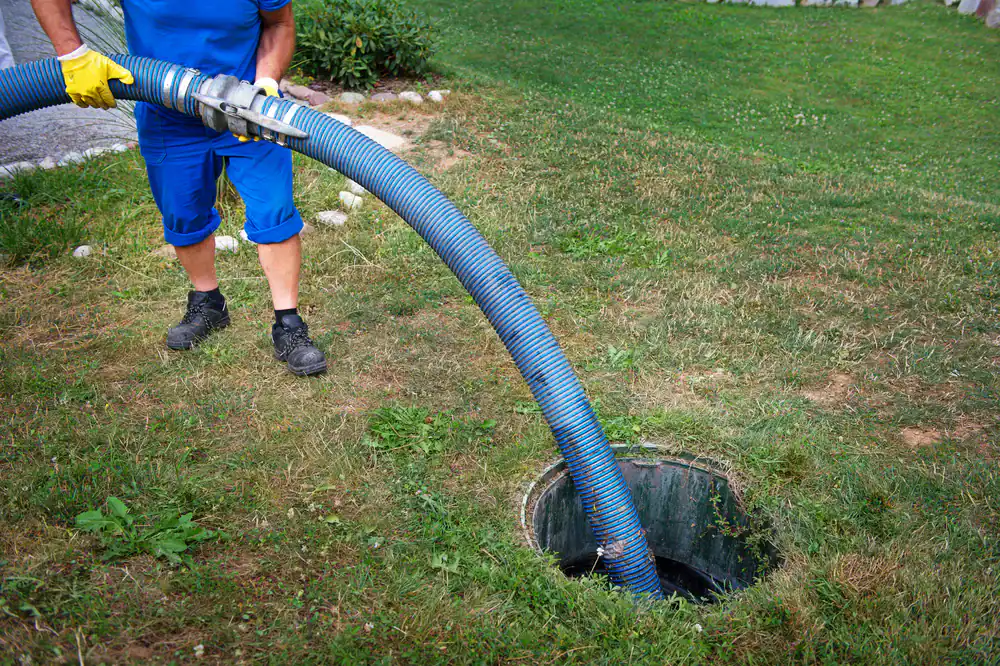
First, we locate your septic tank and access ports. Many homeowners aren’t sure where their tank is located, so we handle that part.
Next, we pump out all the accumulated sludge and scum from your tank. This isn’t just sucking out liquid – we’re removing the solid waste that builds up over years and clogs your system. We inspect the tank while we’re working to spot any cracks, damaged baffles, or other issues that could cause problems later.
After pumping, we check your distribution box and inspect the condition of your drain field. If we see signs of trouble, we’ll explain what’s happening and what your options are. No surprises, no pressure – just clear information so you can make the right decision for your property.
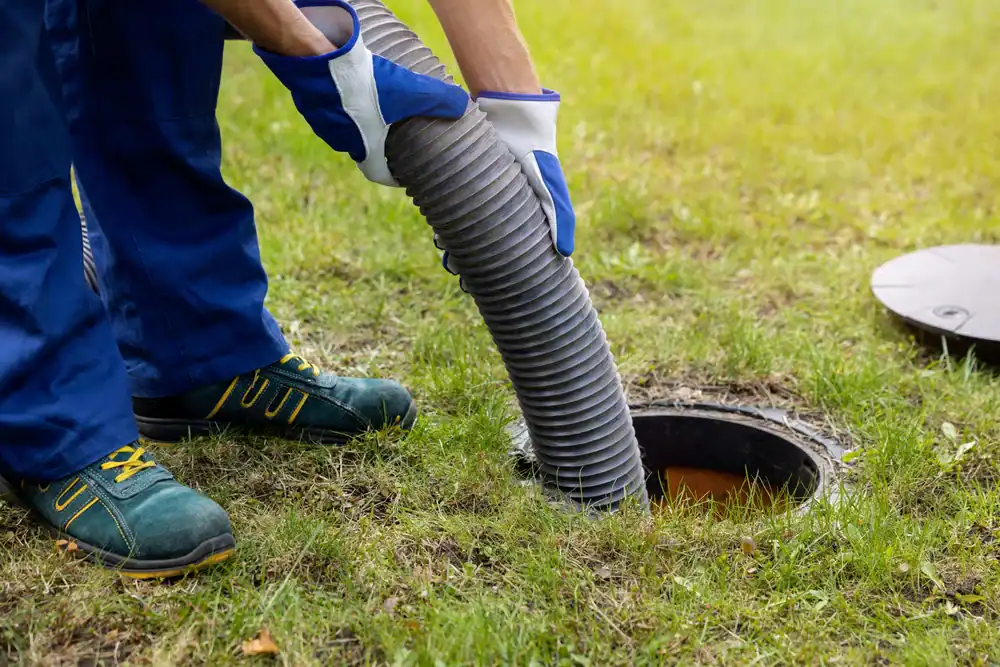
Ready to get started?
You get complete septic tank pumping, not just a quick pump-out. We remove all accumulated solids, inspect tank condition, and check system components that most companies skip.
Goeselville’s clay-heavy soil can cause unique drainage issues that affect how often your septic needs service. Properties in this area often need pumping every three to four years instead of the standard five-year interval you might read about online. We factor in local soil conditions and your household size to give you realistic maintenance timing.
Our service includes upfront pricing, so you know the cost before we start. We also provide 24/7 emergency service because septic backups don’t wait for business hours. When you call us, you’re getting local professionals who understand Illinois septic systems and can handle whatever we find.
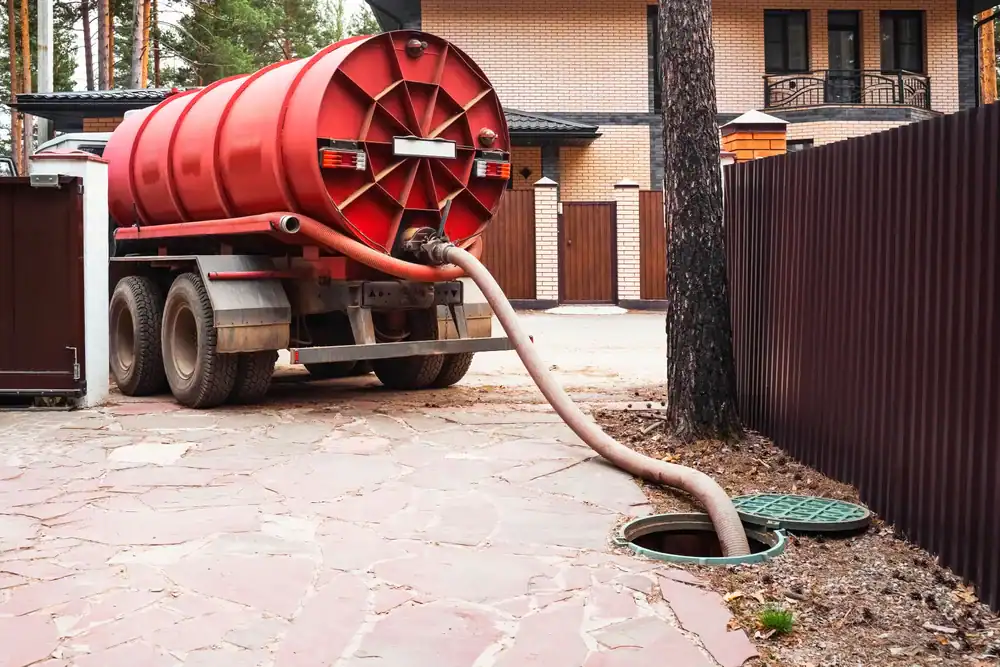
Most septic tanks in Goeselville need pumping every three to four years, though this depends on your household size and usage patterns. A family of four typically needs service every three years, while smaller households might stretch it to four or five years.
Illinois soil conditions play a big role in timing. Goeselville’s clay-heavy soil doesn’t drain as quickly as sandy soil, which means your septic system works harder and fills up faster. If you’re seeing slow drains, gurgling toilets, or sewage odors around your tank, don’t wait – these are signs your system is overloaded.
The cost of regular pumping is always less than dealing with a failed system. Emergency cleanouts cost significantly more, and if your system backs up into your house, you’re looking at cleanup costs and potential health department involvement.
Waiting too long leads to solid waste backing up into your house or overflowing into your drain field. Once solids reach your drain field, you’re not just looking at a simple pumping anymore – you might need drain field repair or replacement.
Septic systems fail in predictable ways. First, you’ll notice slow drains and toilets that don’t flush properly. Then comes the smell around your tank or in your basement. Finally, sewage starts backing up into your lowest drains or bubbling up in your yard.
At that point, you’re dealing with a health hazard and potential property damage. Emergency service calls cost more, cleanup is expensive, and if your drain field is damaged, repair costs can reach $10,000 to $15,000. Regular maintenance every three to four years prevents all of this.
The most obvious signs are slow drains throughout your house, toilets that don’t flush completely, and sewage odors near your septic tank or in your basement. You might also notice wet spots or unusually green grass over your drain field.
If it’s been more than three years since your last pumping, schedule service regardless of whether you see problems. Septic systems don’t give you much warning before they fail completely. By the time you smell sewage or see backups, your system is already overloaded.
Some homeowners try to extend time between pumpings by using additives or being careful about what goes down their drains. These help, but they don’t eliminate the need for regular pumping. Solid waste accumulates no matter how careful you are, and it has to be removed professionally.
Septic pumping removes the liquid waste from your tank, while septic cleaning removes both liquid and solid waste. Many companies offer “pumping” that only removes liquids, leaving behind the sludge layer that’s actually causing your problems.
Professional septic cleaning means we remove everything – the liquid effluent, the floating scum layer, and the settled sludge at the bottom. This is what your system actually needs to function properly. Just pumping out liquid doesn’t solve the problem and means you’ll need service again much sooner.
Real septic cleaning also includes inspecting your tank condition, checking baffles and inlet/outlet pipes, and looking for cracks or damage. We’re not just emptying your tank – we’re making sure your entire system is working correctly and catching problems before they become expensive repairs.
Professional septic tank cleaning in Goeselville typically costs between $300 and $500, depending on tank size and access difficulty. This includes complete pumping, waste removal, and basic system inspection.
Emergency service costs significantly more – often double or triple regular rates. If we have to dig to locate your tank or if there are access issues, expect additional charges. However, we provide upfront pricing so you know the total cost before we start any work.
Compare this to the cost of septic system replacement, which runs $15,000 to $30,000 in Illinois. Regular cleaning every three to four years is the cheapest way to maintain your system. Most homeowners find that consistent maintenance costs less per year than one emergency repair call.
Technically possible, but not recommended. Septic pumping requires specialized vacuum trucks, proper waste disposal permits, and knowledge of what to look for during inspection. Most rental equipment isn’t powerful enough to remove settled sludge effectively.
There are also safety and legal issues. Septic gases can be dangerous, and improper waste disposal violates Illinois environmental regulations. Professional septic companies have the permits and facilities to dispose of waste legally and safely.
The bigger issue is knowing what you’re looking at. When we pump your tank, we’re also checking for cracks, damaged baffles, inlet/outlet problems, and signs of drain field failure. These problems cost thousands to fix if caught late, but are manageable if identified early. DIY pumping misses these critical inspections.